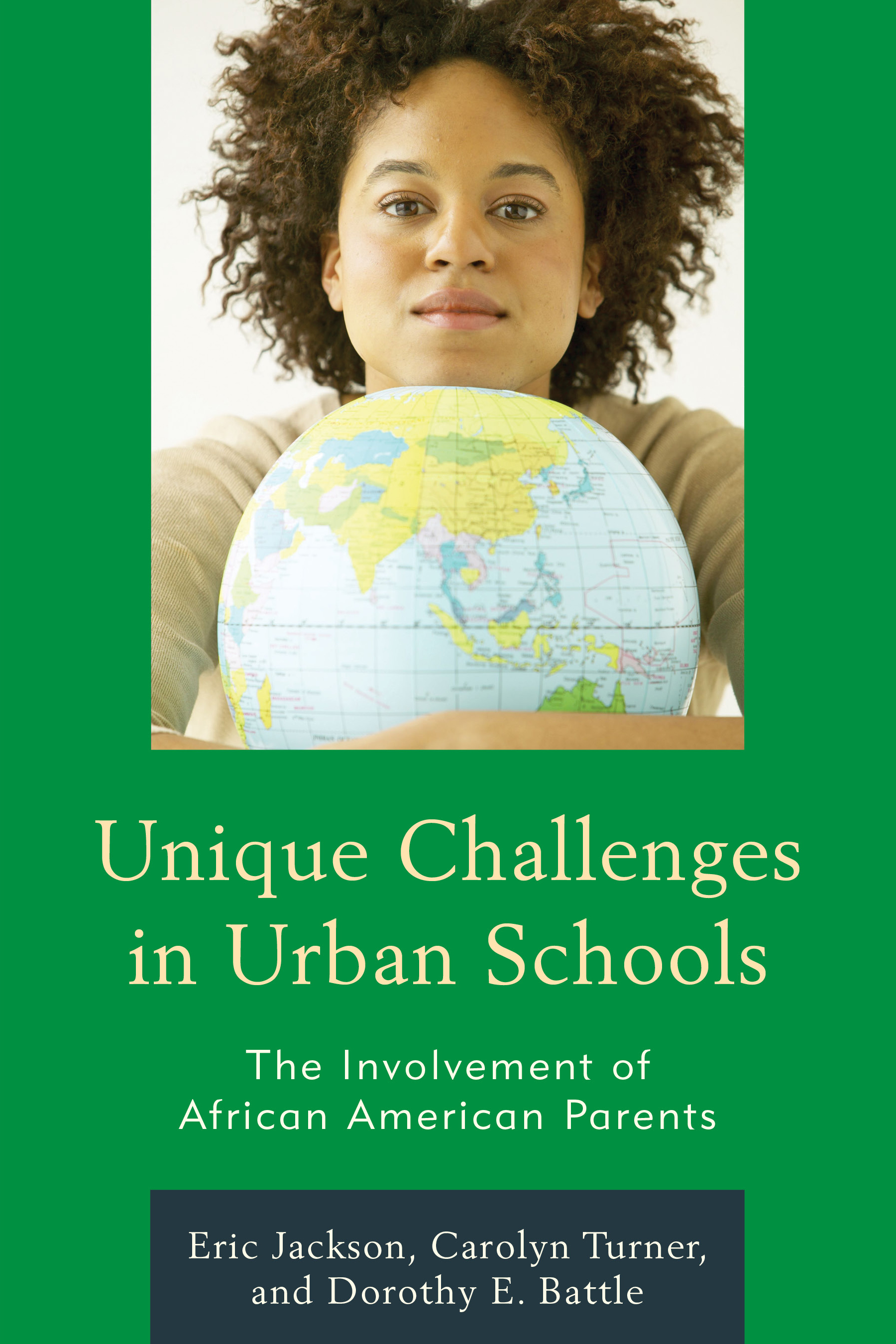Unique Challenges in Urban Schools
Unique Challenges in Urban Schools
The Involvement of African American Parents
Eric Jackson, Carolyn Turner,
and Dorothy E. Battle
ROWMAN & LITTLEFIELD
Lanham Boulder New York London
Published by Rowman & Littlefield
A wholly owned subsidiary of The Rowman & Littlefield Publishing Group, Inc.
4501 Forbes Boulevard, Suite 200, Lanham, Maryland 20706
www.rowman.com
Unit A, Whitacre Mews, 26-34 Stannary Street, London SE11 4AB
Copyright 2015 by Rowman & Littlefield
All rights reserved. No part of this book may be reproduced in any form or by any electronic or mechanical means, including information storage and retrieval systems, without written permission from the publisher, except by a reviewer who may quote passages in a review.
Library of Congress Cataloging-in-Publication Data Available
Jackson, Eric, 1965
Unique challenges in urban schools : the involvement of African American parents / Eric Jackson, Carolyn Turner, and Dorothy E. Battle.
pages cm
Includes bibliographical references
ISBN 978-1-61048-008-6 (cloth : alk. paper) -- ISBN 978-1-61048-009-3 (pbk. : alk. paper) -- ISBN 978-1-61048-010-9 (electronic)
1. Education, Urban--United States. 2. African American students. 3. African American parents. 4. Education--Parent participation--United States. I. Title.
LC5131.J26 2015
370.9173'20973--dc23
2014049998
 TM The paper used in this publication meets the minimum requirements of American National Standard for Information Sciences Permanence of Paper for Printed Library Materials, ANSI/NISO Z39.48-1992.
TM The paper used in this publication meets the minimum requirements of American National Standard for Information Sciences Permanence of Paper for Printed Library Materials, ANSI/NISO Z39.48-1992.
Printed in the United States of America
Acknowledgments
We would not have completed this project without the encouragement, support, and assistance of numerous individuals. We are greatly indebted and give much thanks to our editor Thomas F. Koerner. His patience, understanding, and vision deeply inspired us to continue in the process despite its many trials and tribulations. There is no question that without him, this book would not have been published with such precision and care.
There are many other people and institutions we also wish to thank for their valuable contributions to the research and completion of this book. We always will be thankful to Kevin Grace at Blegan Library, the library staff at Langsam Library at the University of Cincinnati, and the folks at the W. Frank Steely Library at Northern Kentucky University. A great amount of the research contained in this volume came from these outstanding research facilities.
We wish to thank all the parents, educators, and other professionals whose experiences greatly enhanced this project. The names were changed to protect their anonymity; however, the real-life accounts of many people in the educational system served to highlight the messages on the uniqueness of urban schools and the importance of parent involvement to their success.
Finally, it impossible to thank all the individual family members whose personal strength, support, and sacrifice helped us produce this book. Much love and thanks goes to each of you.
Introduction
The challenges of struggling urban schools are among the most troubled and complex aspects of the American educational system. Almost-weekly reports of violence, high dropout rates, demoralized teachers and administrators, teachers strikes, and substandard academic results have led many observers to claim that urban schools today are the worst of the educational institutions in our nations history.
Adding to this viewpoint is the belief by some individuals and organizations that nothing can be done to improve this situation.
From strictly a historical perspective, this dismal picture is in sharp contrast to the atmosphere of urban education during the early twentieth century. In 1919, for example, renowned educator Ellwood Cubberly claimed that Americas urban schools were the best in the nation and that they had been that way for over a half of a century.
Furthermore, Cubberly noted that the introduction of the common school movement resulted in the expansion of economic opportunities, a reduction of the rate of poverty throughout the nation, a decline in criminal activity, and the elimination of class struggle among various ethnic and racial groups. There is little doubt that Cubberlys views were not incorrect, particularly when he went further to compare the nature and status of rural and urban education from the 1920s to the 1940s. So what happened?
Educators, as well as everyday Americans, have debated this question for decades without much consensus or success. The Coleman Report, a 1966 study titled Equality of Educational Opportunities, without question, was at the center of this debate for several decades.
In an enormous and controversial government-supported report, James S. Coleman revealed that African Americans and nonAfrican American children attended separate but equal schools and that the amount of resources allocated to these educational institutions had virtually no impact on the achievement scores and learning gap of the students who attended these educational facilities.
Thus, Coleman concluded that the differences in the scores of African American and European students were more influenced by family income and peer-group dynamics, rather than teachers and the school environment.
Indeed, the Coleman Report had a profound impact on the theories about the nature of Americas urban educational system for the rest of the twentieth century as well as into the twenty-first century. For example, so-called Progressive or Revisionist historians claimed that economic conflicts and social forces were at the center of the United Statess urban school crisis. Scholars such as Bernard Bailyn, in his book Education in the Forging of American Society, claimed that the growth of public education was linked to and influenced by various societal forces.
These forces, he concluded, shaped the history of Americas public school system, which was a complex story, involving changes in the role of the state as well as in the general institutional character of society.
This interpretation remained dominant in the literature of American urban schools throughout the 1970s. However, at the close of the decade, another group of scholars rose in defense of the accomplishments of public education and urban schools, and thus rejected the arguments articulated by the Progressives or Revisionists. A leader in the effort was scholar Diane Ravitch, an Neo-Consensus writer who contended that during the 1920s and 1930s, despite the problems within the bureaucratic levels of urban school, and the enormous biases based on issues of class, ethnicity, gender, and race, urban schools did provide an avenue for upward mobility and helped to integrate immigrants, minorities, and women into the mainstream of American society.
From the 1970s to the mid-1980s, arguments of Progressive/Revisionists and Neo-Consensus/Non-Revisionists scholars remained dominant in the literature on Americas urban schools. The key question that these scholars debated was: Why did urban schools serve as a means for upward mobility and inclusion during the 1920s and 1930s but not in the 1960s and 1970s?
To answer this query, education scholars began to examine school curriculum, the objective and role of Americas urban schools, and growing dependence on the educational system in the United States to solve most, if not all, social and economic problems. Some scholars also began to reexamine the influence of social forces and the economic construct on the educational process in various regions, states, cities, and towns.
Next page
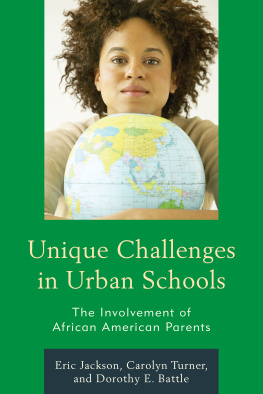

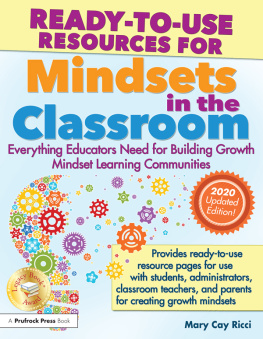



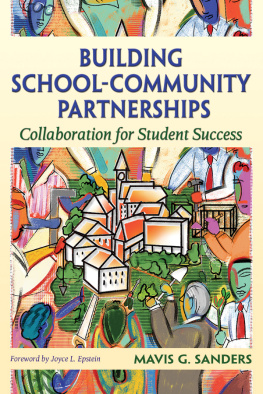

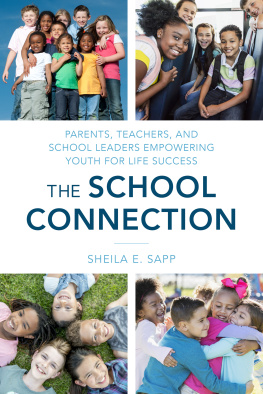
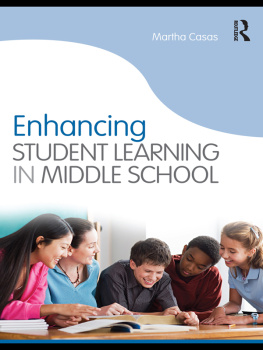
 TM The paper used in this publication meets the minimum requirements of American National Standard for Information Sciences Permanence of Paper for Printed Library Materials, ANSI/NISO Z39.48-1992.
TM The paper used in this publication meets the minimum requirements of American National Standard for Information Sciences Permanence of Paper for Printed Library Materials, ANSI/NISO Z39.48-1992.